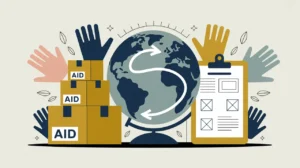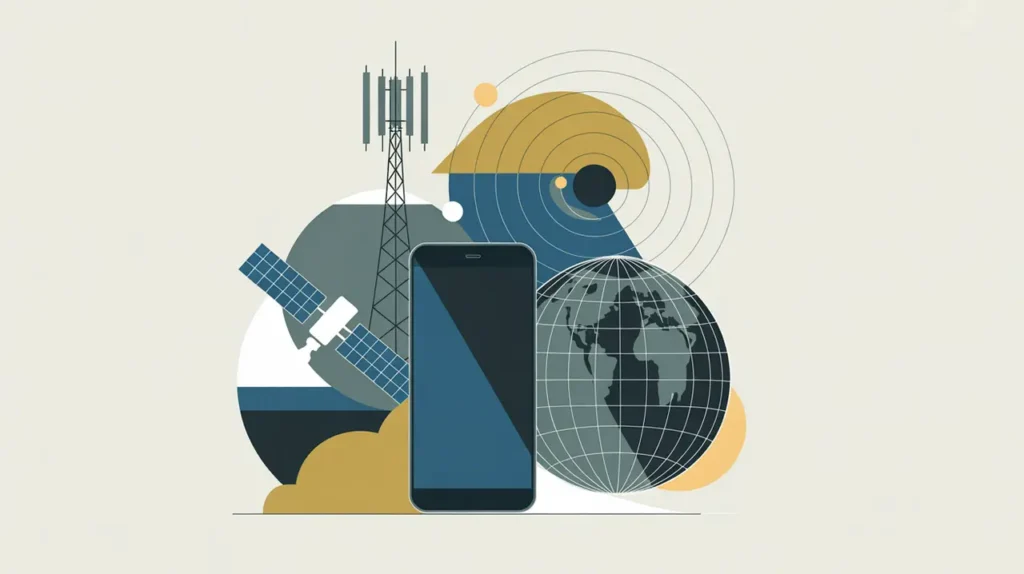Importance of Postal Services
Postal services are a cornerstone of communication, commerce, and connectivity. They provide affordable access to mail, parcels, and logistics, especially in areas underserved by private delivery companies. In international development, postal networks help bridge the digital divide by facilitating financial inclusion, e-commerce, and access to government services. For nonprofits and social innovators, postal services matter because they extend essential infrastructure to proximate communities, linking them to wider markets and opportunities.
Definition and Features
Postal services refer to the organized systems that deliver letters, parcels, and related services through national or international networks. Their defining features include:
- Universal Access: commitment to reach all regions, including rural and remote areas.
- Affordability: providing low-cost communication and delivery options.
- Public Service Role: often mandated by governments to ensure inclusivity.
- Diversification: increasingly offering financial services, logistics, and digital connectivity.
How this Works in Practice
In practice, postal services operate through national post offices, regional hubs, and global agreements such as the Universal Postal Union (UPU). For example, post offices in many countries provide not only mail delivery but also banking, bill payment, and government service access. NGOs sometimes partner with postal networks to deliver health information, distribute educational materials, or expand financial literacy. Challenges include declining mail volumes, underinvestment, and competition from private logistics providers.
Implications for Social Innovation
Postal services have significant implications for social innovation because they offer platforms that can be adapted to meet modern development needs. Innovations such as digital address systems, e-commerce integration, and last-mile delivery partnerships expand their relevance. For proximate actors, accessible postal services provide vital links to information, markets, and state services. Postal services are essential for inclusive connectivity and development.







